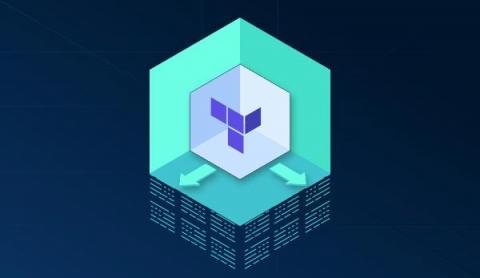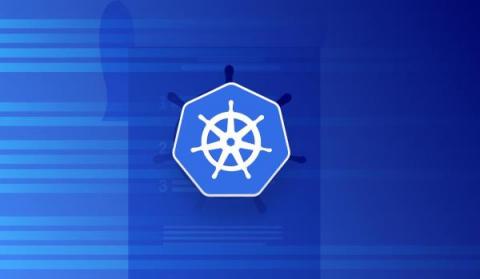Operations | Monitoring | ITSM | DevOps | Cloud
Latest News
Managing Squadcast resources with our expanded Terraform provider
Blameless Expands Microsoft Partnership to Deliver Faster, More Intuitive Incident Response Collaboration
What Is Incident Management? Everything You Need To Know
What is a Security Operation Center and how do SOC teams work?
What are the four Golden Signals?
When it comes to building reliable and scalable software, few organizations have as much authority and expertise as Google. Their Site Reliability Engineering Handbook, first published in 2016, details their practices to maintain reliability as Google scaled. But when you have over a million servers running thousands of services across more than twenty data centers, how do you monitor them in a consistent, logical, and relevant way?
Software Metrics Every SRE Team Should Measure
Round Robin Escalation: An Efficient Way to Distribute On-Call Responsibilities
The SRE's Quick Guide to Kubectl Logs
Logs are key to monitoring the performance of your applications. Kubernetes offers a command line tool for interacting with the control plane of a Kubernetes cluster called Kubectl. This tool allows debugging, monitoring, and, most importantly, logging capabilities. There are many great tools for SREs. However, Kubernetes supports Site Reliability Engineering principles through its capacity to standardize the definition, architecture, and orchestration of containerized applications.











